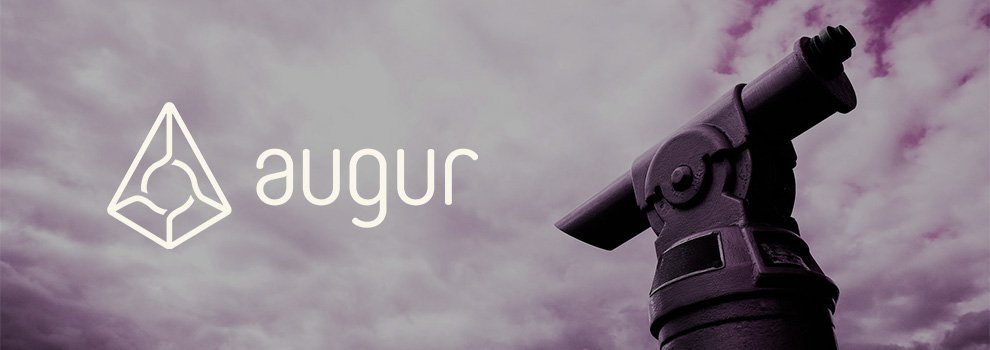The collective consciousness and hivemind of the Internet has been a potent boon to human intelligence. Giving knowledge to the masses through decisions and problem-solving has been growing on social media platforms. Now there is a new service springing up that aims to be the first decentralized prediction market.
Augur is a new open source decentralized platform being launched on Ethereum. The general idea behind it is selling shares related to the probability of an outcome to a public event.
For instance, if I wanted to farm the cloud mind for an opinion on, “If the sky was going to turn green by the year 2020,” I would be able to sell shares (out of my pocket) in exchange for the paid opinions of other users. If those users turn out to be right, they get a portion of the money. If they’re wrong, they lose their funds. The original poster of the market gets a percentage of market fees for good questions that generate responses and interest.
Tapping into this gathering of the minds in a productive manner is tricky. Predictive markets and cloud-sourcing decisions have existed for some time now in various industries. The issue has been that centralized prediction markets can be manipulated by money, politics, or other sources.
When people share wisdom in high volume with each other they invoke a certain principle. Augur has stated clearly that their site is intended to function with the, “Wisdom of the Crowd”. It seems the goal here is to financially motivate people into providing accurate valid information on different proposed questions relating to society.
Before we go further it would be wise to examine their demo which can be found on their website. We can already see some people have started posting questions involving Rand Paul 2015, and the chances of the sun exploding in 2015. This is still an early alpha but you can also see a reputation system for verifying events. Augur explains their reputation system in this video.
Augur has a potential to even the odds for predictive markets by tying a hard and solid unit of transparent commodity to the outcomes of public events. When there is a gain to be made people will come together to analyze new issues and become financially invested in socio-political issues.
Augur is attempting to formalize and incentivize the process of getting advice online. Rewarding correctly predicted political events, sports games, celebrity gossip, or other facets of daily life has potential to be profitable. It’s unclear what the long-term effects of such a website will have on Internet life and even real life.
One particularly fun upside I see is humanity coming together to solve real world issues and to invest in the outcomes. For example, “The US will get 80% of its energy from renewable sources by 2040” is a noble goal and something I’d personally like to see. Not only in that industry, but the communities surrounding it can buy shares of an idea and collaborate to achieve them. An idea they are willing to put their money behind and obsessively research over to do everything possible to win and cash out.
The inevitable concern I have is with players that can use insider knowledge to place their positions. Obviously someone who is tied to the outcome of a major event could anonymously purchase many shares in a direction they can influence.
Businesses and individuals could invest in themselves and their ideas in different ways with information they have. There may be so many users to overwhelm such efforts once the network grows big enough.
Overall, Augur is a fun project and something to watch closely. The moment we can tap into the greater wisdom of the crowd and receive financial compensation for solid analysis we will see some changes. Augur is in some ways a betting platform which may eventually attract some attention from the federal government. Yet its utility and decentralization should help it to flourish.
Poly Paradyme writes and curates for Coinivore. Follow him on Twitter here. Tip him bitcoin to: 1D8dK3t9EiBjYej975YoXRVUfxaGk8aXVa
